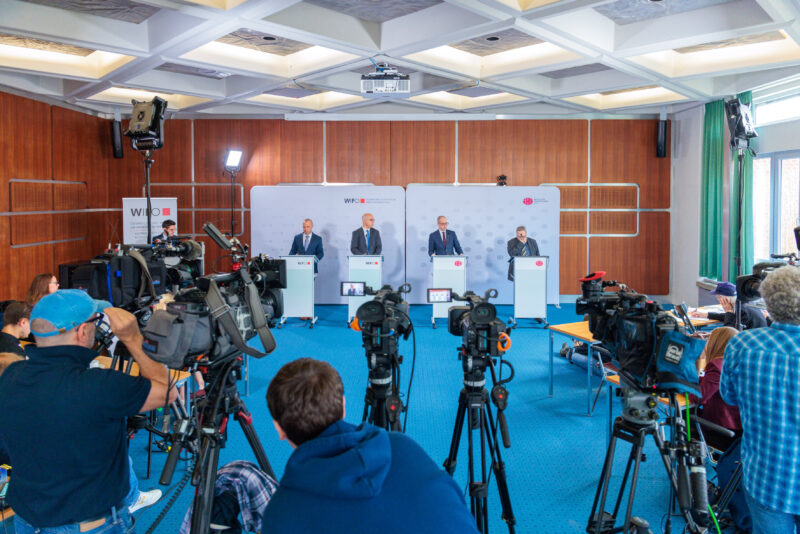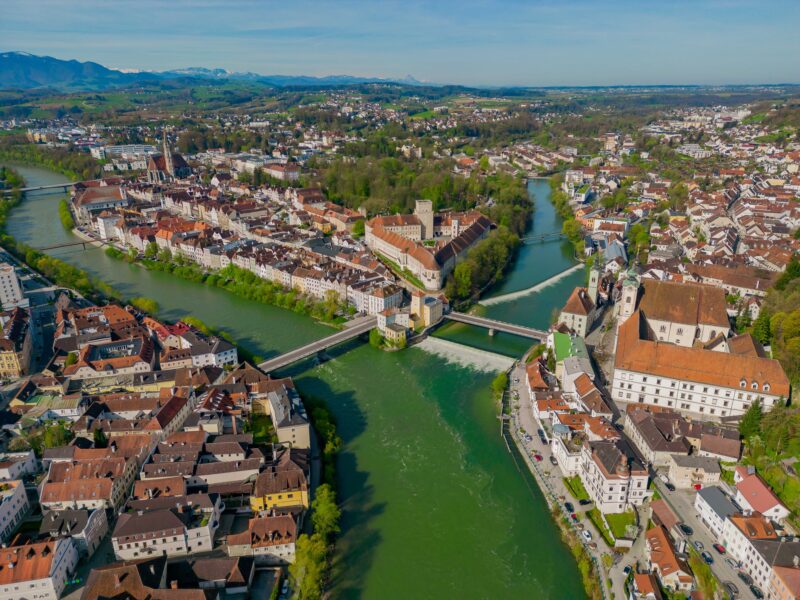
Tourism Analysis: Inflation Affects the Winter Season
The resurgence of summer tourism in Austria is mainly due to domestic demand: With 24.3 million overnight stays, a new record was reached in this segment (+4.4 percent compared to the 2019 season). International travellers also came to Austria in greater numbers again in the summer months of 2022 (+26.5 percent compared to the previous year), although demand was still somewhat more restrained than before the COVID 19 crisis (–3.8 percent compared to 2019). According to initial estimates by WIFO, revenues from overnight and day tourism in Austria in the summer of 2022 nominally amounted to just under 14.7 billion € – 0.8 percent more than in the 2019 season. Considering the strong inflation of the tourism basket of goods, this means a 14.7 percent lower revenue in price-adjusted terms than in the summer of 2019.
War-related distortions on the energy markets and the upsurge in inflation are also increasingly influencing the tourism industry, with price increases for "essential" products and services (e.g., food or household energy) having a particularly negative impact on tourists' holiday decisions and also massively increasing the price of tourism products. Recent surveys among domestic hotel businesses and private households in Austria and Germany revealed a mixed picture: according to these surveys, the turnover expectations of many businesses for this winter are barely above last year's revenues. Also, only 70 percent of the domestic respondents and about two-thirds of the German respondents stated that they definitely intend to travel this winter. The main reason for this reluctance is not the pandemic, but inflation. In addition, many guests want to save money on their holidays, especially on purchases and consumption in gastronomy, but also on accommodation. Destinations that have specialised in high-income groups of guests could thus come through the crisis better. This development will probably have a greater impact on turnover and value creation in the current winter season than the number of arrivals and overnight stays.
Please contact
























